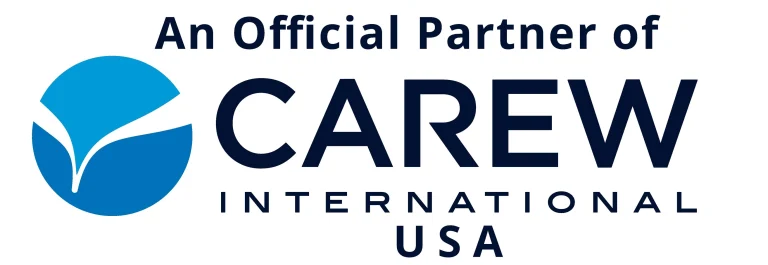Corporate sales training is a crucial aspect of enhancing the skills and knowledge of sales professionals within an organization. It aims to equip them with the necessary tools and techniques to succeed in a competitive business environment. While specific corporate sales training programs may vary based on the company’s products, industry, and target market, some essential topics that should be covered during corporate sales training in India include:
- Understanding the Product/Service: Sales professionals must deeply understand the products or services they sell. It includes knowing the features, benefits, and unique selling points that differentiate the offerings from competitors.
- Knowing the Target Market: Effective corporate sales training programs should teach salespeople to identify and understand their target audience. It involves creating buyer personas and recognizing customer needs, pain points, and motivations.
- Building Rapport and Communication: Corporate sales training programs should emphasize building rapport and trust with potential clients. It includes active listening, effective questioning techniques, and the ability to communicate the value of the product/service clearly and persuasively.
- Handling Objections: Salespeople should be prepared to face objections from potential customers. Training should cover common complaints and provide strategies to address and overcome them convincingly.
- Sales Process and Techniques: An effective sales training program should introduce sales professionals to a structured sales process. It may include prospecting, qualifying leads, making the pitch, handling negotiations, and closing deals. Different sales techniques, such as consultative and relationship-based, can also be explored.
- Time Management and Organization: Sales professionals often juggle multiple tasks and potential clients. Training should include time management techniques to prioritize and handle their workload efficiently.
- Understanding Buying Signals: Salespeople should be trained to recognize buying signals or signs of interest from potential customers. It helps in knowing when to push forward with the sales process and when to adjust the approach.
- Handling Rejections and Resilience: Sales can be challenging, and rejection is a part of the job. Sales training should address taking rejection positively, maintaining motivation, and staying resilient.
- Negotiation Skills: Negotiation is a crucial aspect of closing deals. Training should cover effective negotiation strategies, finding win-win solutions, and maintaining a positive relationship with the customer.
- Sales Technology and Tools: Familiarity with sales tools and technology can significantly enhance sales efficiency. Training should cover CRM (Customer Relationship Management) systems, sales analytics, and other relevant software.
- Ethics and Compliance: Sales professionals should know ethical guidelines and legal regulations related to sales practices. Training should emphasize conducting sales with integrity and adhering to company policies.
- Sales Role-playing and Practice: Role-playing exercises and practice scenarios can effectively reinforce training concepts. These activities provide a safe space to practice new skills and receive feedback.
- Continuous Learning: Corporate sales training in India should encourage a culture of constant learning and improvement. Sales professionals should be motivated to stay updated with industry trends, new selling techniques, and product knowledge.
- Performance Evaluation and Feedback: Regular performance evaluation and constructive feedback sessions are essential for sales team development. Training should teach managers how to provide feedback that encourages growth and improvement.
By covering these essential topics in corporate sales training in India, organizations can empower their sales teams to become more effective, successful, and adaptable in today’s competitive business landscape. To learn more about various corporate sales training programs, contact B-More Consulting today.





